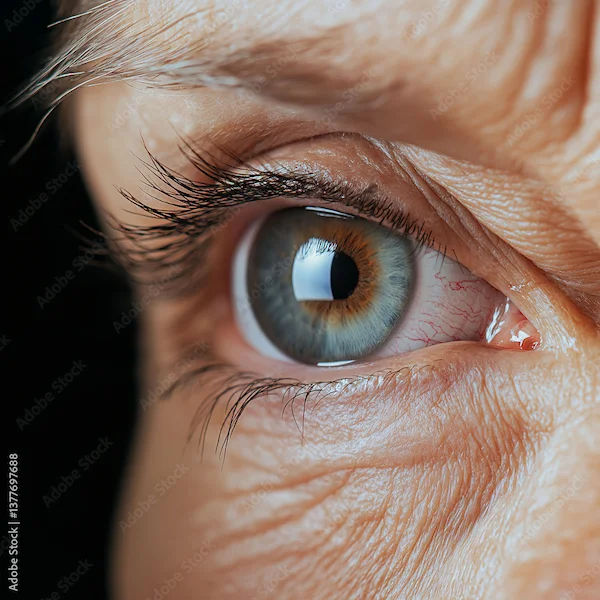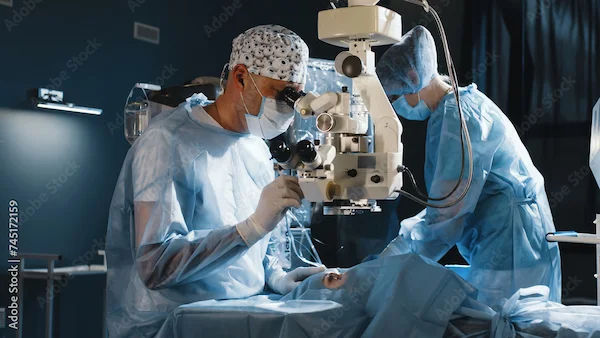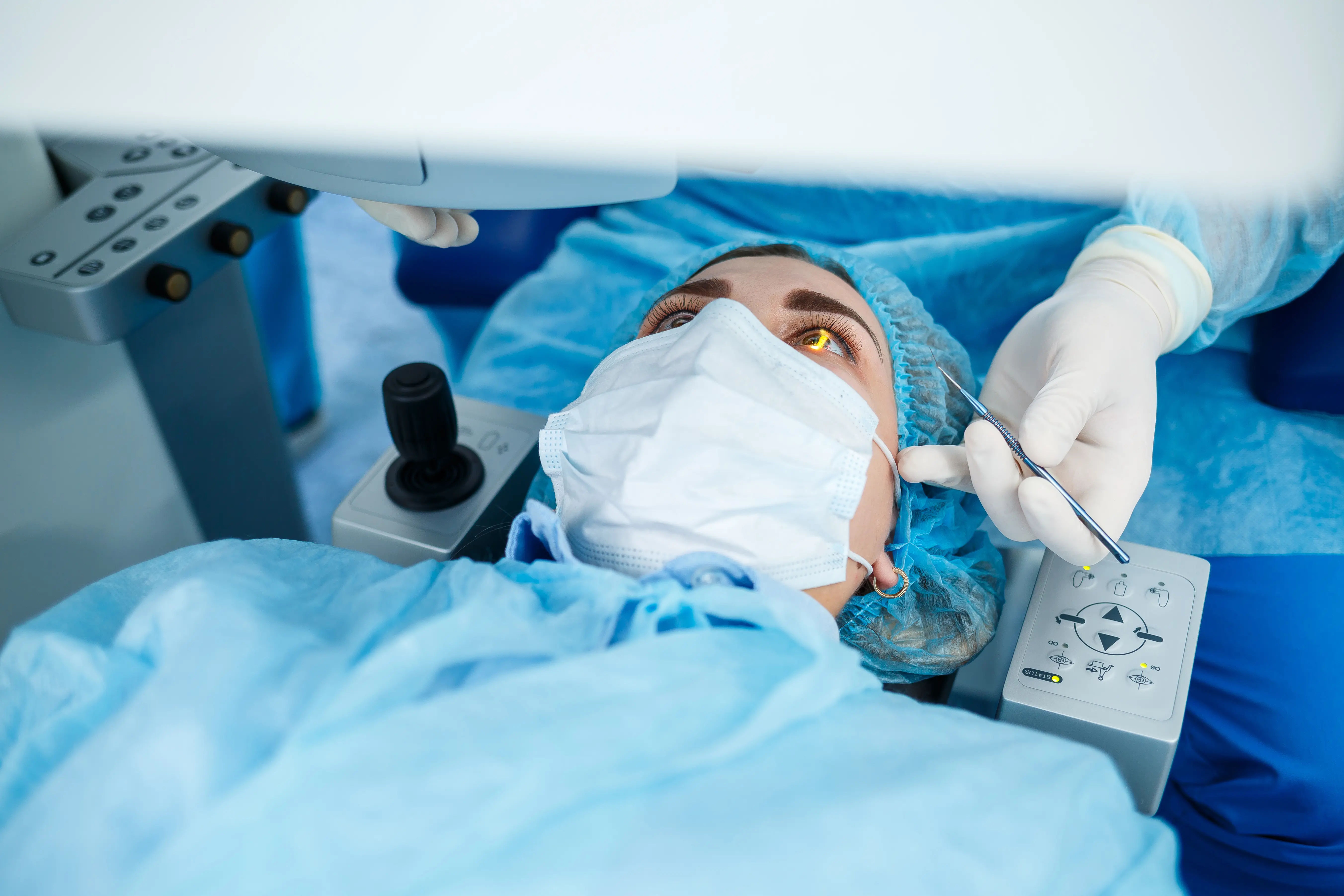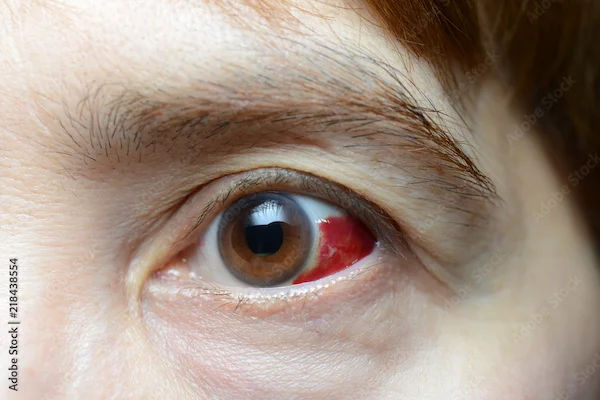- male
- 55 Years
- 14/08/2025
I'm a 55-year-old man diagnosed with cataract in my left eye and my doctor recommended laser surgery. How successful is this surgery usually and are there any side effects I should know about? What precautions do I need to take before and after the procedure? Could anything go wrong during the surgery?
More Ophthalmology Health Queries
View allI've had a small white bump near the inner corner of my eye for a few months my doctor said it's a cyst. It doesn't hurt or grow but looks odd. They mentioned surgery if it doesn't go away on its own, but I'd rather try an antibiotic ointment first. Any recommendations for something effective?
Milia is a common skin condition that causes small white bumps (cysts) under the surface of your skin. About 40% to 50% of U.S. newborns have milia. Adults can get milia too. Treatment isn't necessary because milia are harmless and go away on their own.
Answered by 1 Apollo Doctors
I had LASIK done a year ago to stop wearing glasses but I lost the documents. The clinic refused to give me a copy are those records really needed for future cataract surgery? Can I still get cataract surgery later if I don't have the LASIK records?
ophthal opinion is advised to the patient.
Answered by 1 Apollo Doctors
The doctor said my retina nerves are weak and recommended barrage laser but I don't know much about it will it hurt or involve surgery? Also, I recently switched to progressive lenses and have had constant headaches for 10 days is it safe to do the laser now?
Barrage laser treatment strengthens weak areas of the retina, and it's generally considered a safe and effective procedure, but it can cause some mild discomfort or pain. It usually doesn't involve surgery in the traditional sense; it's a laser procedure performed on an outpatient basis. Regarding your headaches, it's best to consult with your doctor or eye doctor to determine if they are related to the new lenses or another issue before undergoing the laser treatment.
Answered by 1 Apollo Doctors
Disclaimer: Answers on Apollo 247 are not intended to replace your doctor advice. Always seek help of a professional doctor in case of an medical emergency or ailment.






